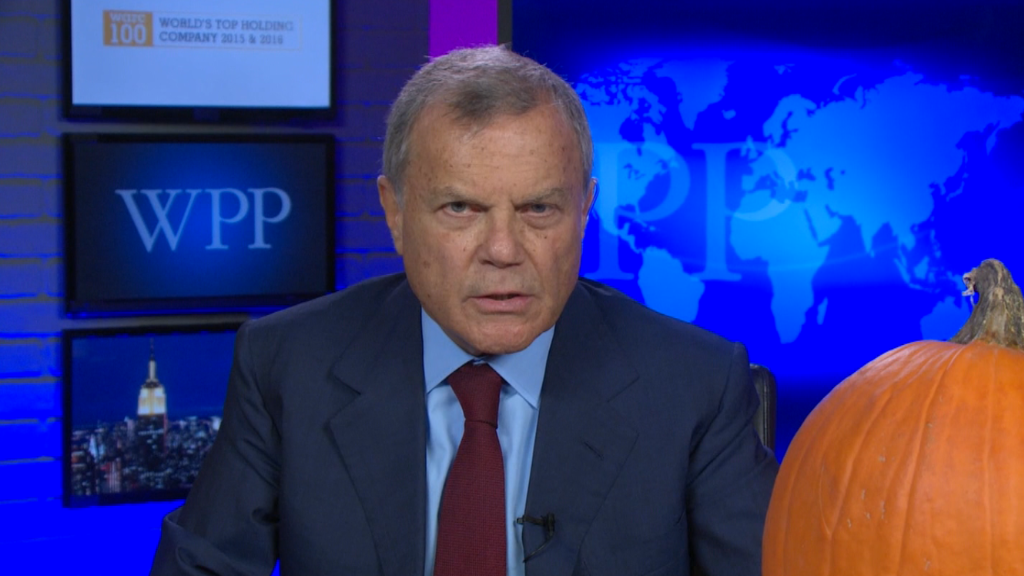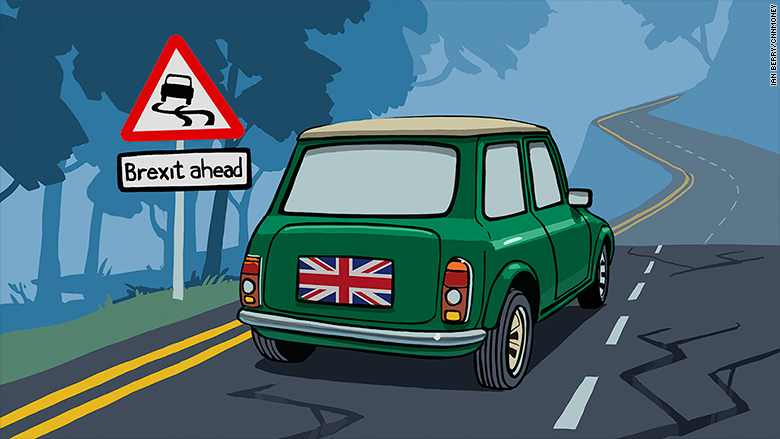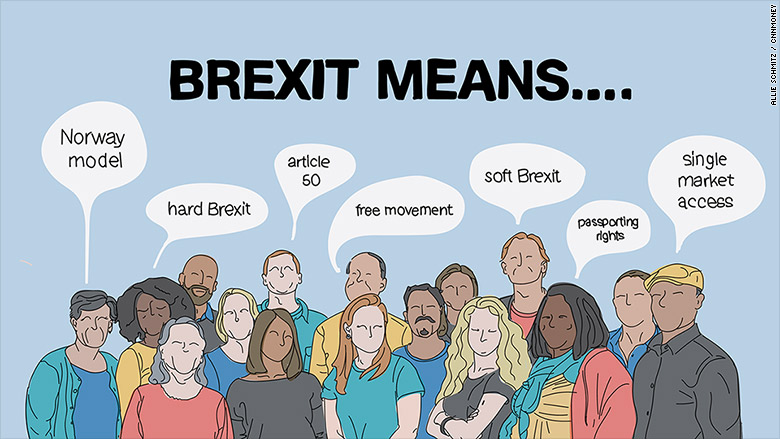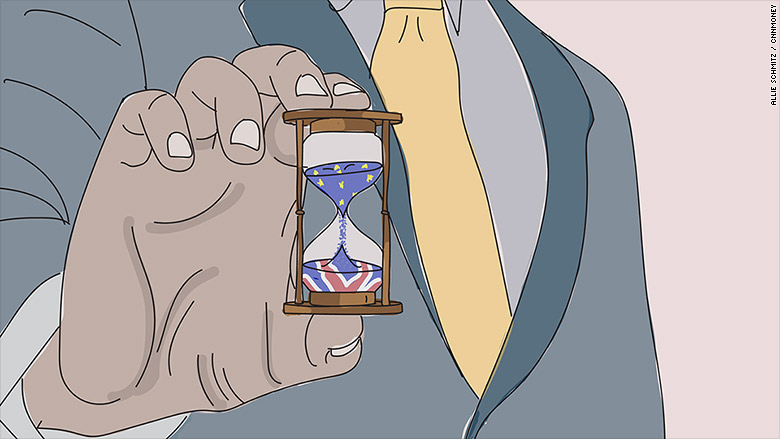
It's been five months since Britain took a leap into the unknown and voted to leave the European Union.
How's it going? The pound has plummeted, prices are rising and there's evidence that investment is drying up. At the same time, unemployment has fallen, retail sales are strong and the housing market is performing well.
On Wednesday, the government revealed new budget and economic growth forecasts as part of its autumn statement.
The key data points were not pretty. Economic growth will slow to just 1.4% in 2017, the weakest pace since 2009. And the government will borrow an extra 58.7 billion pounds ($72.6 billion) over five years because of Brexit.
Here's a broad overview of where the U.K. stands:
Down goes the pound
The pound plunged to levels not seen in three decades following the Brexit vote on June 23. The currency has lost 17% of its value against the dollar and weakened 11% against the euro.
The pound's slump is boosting British exporters, but it's also hurting consumers at home. The price on everything from chocolate bars to imported wine and iPhones has risen by as much as 15%.
The Bank of England expects inflation to hit 2% next year and 2.75% in 2018. That's up from 1% in September and 0.5% in June.
Economists have warned that wages are unlikely to grow quickly enough to cover the rising prices.
Related: U.K. jacks up minimum wage to $9.30

Investment stalls
A third of British businesses have already delayed or canceled investments, putting at risk projects worth an estimated £65.5 billion ($82 billion), according to a survey commissioned by Hitachi Capital and the Centre for Economic and Business Research.
Meanwhile, a separate survey showed 76% of U.K. CEOs have considered moving their company headquarters or parts of their business out of the country. International firms that use Britain as a springboard for their European business are particularly nervous.
Related: Investors see danger in U.K.'s plan for Brexit
But others including Facebook (FB) and Google (GOOGL) say they will stay in the U.K. and even hire more workers. Japanese automaker Nissan (NSANF) recommitted itself to Britain after getting private reassurances from the government.

Related: Brexit exodus? Most big companies have thought about relocating
The wheels haven't fallen off -- yet
Despite the collapsing pound, the U.K. economy appears to be holding up fairly well. Consumer spending is stable, factory output is rising and the economy grew at a better-than-expected 2.3% in the third quarter.
But analysts say that's because nothing has changed yet.
Britain has voted to exit the EU, but its companies still have access to European markets. Banks still enjoy "passporting rights" that allow them to do business in Europe, and firms can still easily hire European workers.

Uncertainty in spades
There are still very few details about the kind of EU exit the government wants to negotiate.
Prime Minister Theresa May has so far limited her statements to saying she wants "the best possible" and a "bespoke" deal for the U.K.
Related: Court ruling throws Brexit process into doubt
Even the timing is unclear. May wants to start the formal withdrawal process by the end of March. But her schedule was thrown into doubt after a court ruled that parliament must be given a say in the Brexit process.
The government has appealed the ruling, and a Supreme Court verdict is expected in early January.
Meanwhile, public support for EU is ... up?
Do Britons have a case of buyer's remorse? A new opinion poll shows that 56% of Brits support the EU now, up from just 49% in March. Almost 52% voted against the EU in the June referendum.
The survey, conducted by The Bertelsmann Foundation, shows support for the bloc is growing across its six biggest member states.
"The looming Brexit seems to have been the best advertisement for the EU," said Aart De Geus, chairman and CEO of the Bertelsmann Foundation.
Brits have also become much more pessimistic since July about the long-term impact of Brexit on the economy. Over 49% consider the outlook for the next 10 years to have worsened due to the Brexit vote, while 31% think prospects have improved, according to a survey by Markit.


